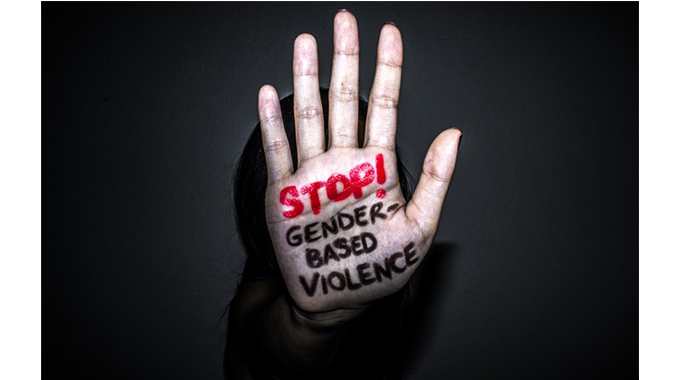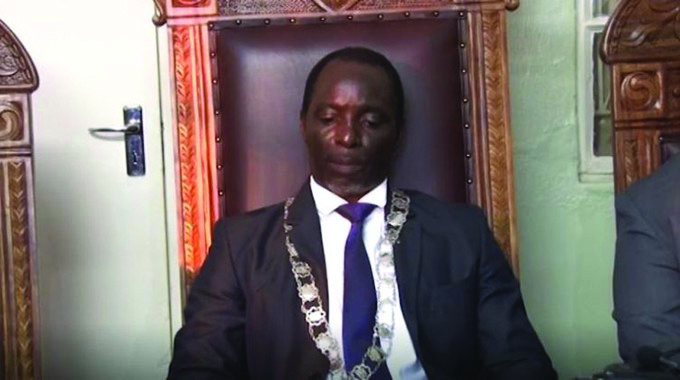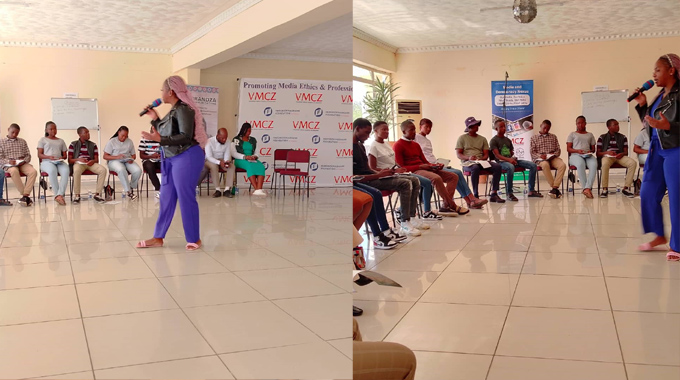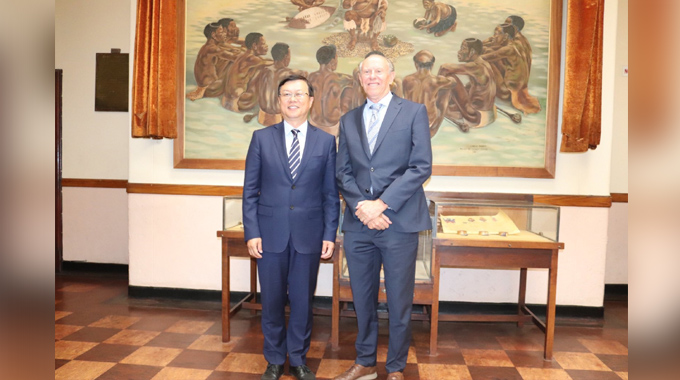Rape cases against persons with disability go unreported

Thandeka Moyo-Ndlovu, Senior Health Reporter
THE Zimbabwe Gender Commission (ZGC) reported that 22 women and girls are raped daily in Zimbabwe and although the figure may be a drop in the ocean, it does not reflect the real experiences of people with disabilities (PWDs.)
Whereas some women and girls deliberately choose to go silent after being abused, people with disabilities often struggle to access services created for those who may suffer abuse.

THE Zimbabwe Gender Commission (ZGC)
Ideally sexual abuse should be reported within 72 hours but only the able-bodied can make use of this provision in their quest for justice against sexual predators unlike PWDs who have no or uneasy access to police, clinics and other crucial services.
Police stations for example are not easily accessible especially in rural areas where poor networks make it impossible for the offended to make phone calls.
Some of these stations are located far away from the public and in instances where the abused can physically go the station, the fact is only a handful of police officers understand Sign Language, one of Zimbabwe’s official languages.
Posters, billboards and literature on what to do when abuse occurs continue to circulate publicly but sadly none of these are in Braille or interpreted into Sign Language to empower the deaf.
ZGC chairperson Commissioner Margaret Mukahanana-Sangarwe said statistics of rape in Zimbabwe were alarming and on the increase.
The Commission also reports that one in three girls is also raped or sexually assaulted before they reach the age of 18,5 years and the vast majority of sexual offences are committed by men against women, children and other men.
“At least 22 women are raped daily in Zimbabwe with an average of one rape taking place per 75 minutes translating to an average of 646 women being violated each month. The cases are under-reported actually, this is largely because of religious and also cultural issues that are affecting many women and girls. In our culture, a lot of cases are taking place and what happens is that the perpetrators are protected within the family units so there is a challenge there,” she said.

Zimbabwe Gender Commission chairperson Mrs Margaret Mukahanana-Sangarwe
Comm Mukahanana-Sangarwe said there was a national public inquiry on Sexual Exploitation and Abuse (SEA) of young girls and child marriages and the efficacy of access to justice and social protections in these thematic issues that is taking place, which revealed the extent of abuse in the country. Ms Sukulwenkosi Mhlanga, a disability activist, said a number of sexual abuse cases within the PWD community goes unreported due to lack of access to information and services.
“We understand that rape should be reported within 72 hours and it may be policy but I wonder how many of our people know and understand that. Police for starters are not even trained to attend to PWDs and even the Victim Friendly unit is not accessible by any of us although we continue being sexually assaulted,” she said.
“Basic information is not available anywhere but we are being abused without any access to justice. I mean if we struggle to access police then it means abusers are likely to make it to court.”
Ms Mhlanga called on policy makers to ensure that the Disability Act is implemented in all sectors to ensure that PWDs are catered for.
According to a study carried out by Disability Agenda Forum (DAF), a Matabeleland North focused disability rights organisation in Hwange and Binga districts, women and girls with disabilities are at a heightened risk of violence and remain excluded from basic services, such as education, health, work and social support.
“Our field experience and research in Binga and Hwange districts have shown us that women and girls with disabilities in particular face double marginalisation as they remain excluded from basic services, such as education, health, work and social support,” said Ms Octavia Phiri, DAF Director.

“This development in turn heightens their risk of exposure to gender-based violence and exploitation. Having the disability in the first place makes them vulnerable and their inability to fight back when attacked or violated. Our condition exposes us as women with disabilities to abuse as we are taken advantage of easily and that is what results in us being at double risk to GBV,” said Ms Phiri.
She added that myths, culture, stigma and discrimination were fuelling the risks of women falling victim to different forms of abuse resulting in under-reporting. -@thamamoe












Comments